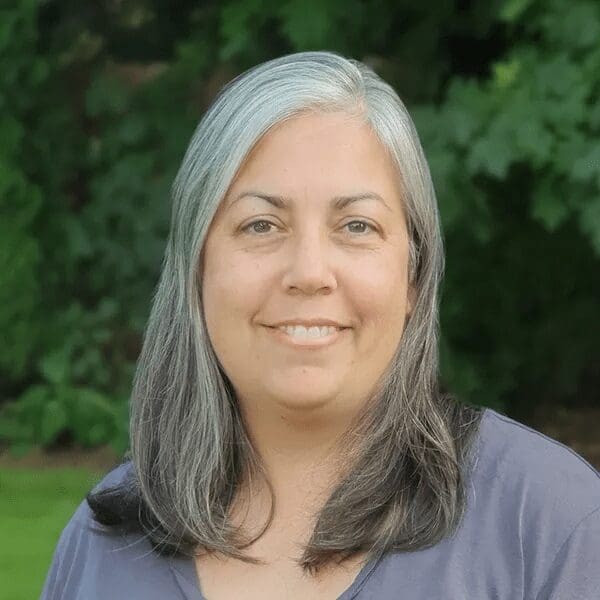By: Stacey Rutland |
Original Post: https://www.statesmanjournal.com/story/opinion/2022/02/18/dont-let-leaders-fail-our-most-vulnerable/6792301001/
During the current legislative session, the Oregon House Human Services Committee lacked the courage to move forward with a planned public hearing on House Bill 4079.
The bill outlined a guaranteed basic income pilot, or monthly checks to support thousands of our most vulnerable Oregon community members: foster youth and single moms and their children.
Hundreds of Oregonians wrote testimonials and registered to tell their stories during the open hearing. The House of Human Services Committee silenced these voices. They canceled the hearing a few hours before it was scheduled to commence. I planned to share my own experience, but these leaders did not afford me that opportunity.
I’m grateful to have the chance to share it here. My sister and I were raised by a single mom. My mom always worked. She waited tables, cleaned houses, cut trails in the summertime for the Forest Service. But we lived in places where rent was high and utility bills ballooned in the cold months.
If the restaurant closed or a family no longer needed my mom to clean their home, we would struggle. Even a couple of weeks of not having income meant we could not pay rent. We would move out of our home to avoid eviction and stay in living rooms and tents or trailers in the back yards of friends so mom could save up to rent a new place.
My sister had a similar experience, leaving her abusive partner. She was a new mother, in the process of getting her undergraduate degree while working full time. Her partner beat her and threatened to kill her family if she left.
When she did leave, our family went underground. We lived on people’s couches while we figured out what to do next, her son celebrating his first birthday hidden in the home of an old family friend we hadn’t seen for more than 20 years.
When our son was six months old, my husband was diagnosed with myelodysplastic syndrome – a precursor to leukemia. A year later, he died. The government immediately started to give me $1,000 a month, the Social Security support designed to help me raise my child.
Of these three different family stories of single motherhood, mine is the only one where direct cash from the government was part of the support received. As a result, my son is the only child in our family who has never experienced homelessness. He’s never had to live on different couches in the living rooms of family friends. He has never known hunger.
This is what fuels my work as I fight for a guaranteed basic income in Oregon and across the country.
When I started to receive Social Security, the government wasn’t worried that I would use the money to buy drugs or alcohol rather than spend it on my child. Nobody asked that I take classes to learn how to manage my money, or assumed that my need for support was because I was incompetent. The money didn’t get taken away as I got better-paying jobs.
The program, in essence, was not punitive, thus different from the majority of our social safety net programs. Instead, it was built on trust – an acknowledgment that I alone knew what my child needed most and could make the best decisions for our family. With direct, monthly payments, my son and I thrived.
Offering foster youth and single mothers, two groups facing significant barriers to economic security, the same stability of a basic income, will be nothing short of transformative.
Early data from the Stockton Economic Empowerment Demonstration, a pilot that offered recipients $500 monthly for two years, showed the money improved everything from the ability to secure a full-time job to mental and physical health. Results from the Magnolia Mother’s Trust, a guaranteed income program that provides $1,000 a month to Black mothers living in extreme poverty, shows similar promise. Mothers who received the money were more likely to have children performing above grade level, to have money saved, to go to the doctor when they were sick.
HB 4079 could have brought these benefits to thousands of struggling Oregonians while contributing to data informing the design of the wider-reaching policy. Foster children and single mothers are too often left behind by our economy and society.
In refusing to pursue this legislation our leaders have failed to move us toward being a state in which everyone is afforded the same opportunity to not just survive, but thrive.
________________________________________
About the Author: Stacey Rutlund is the founder and president of Income Movement, a nonprofit headquartered in Portland, working to advance basic income at the local, state and national levels. You may reach her at stacey@incomemovement.com





















